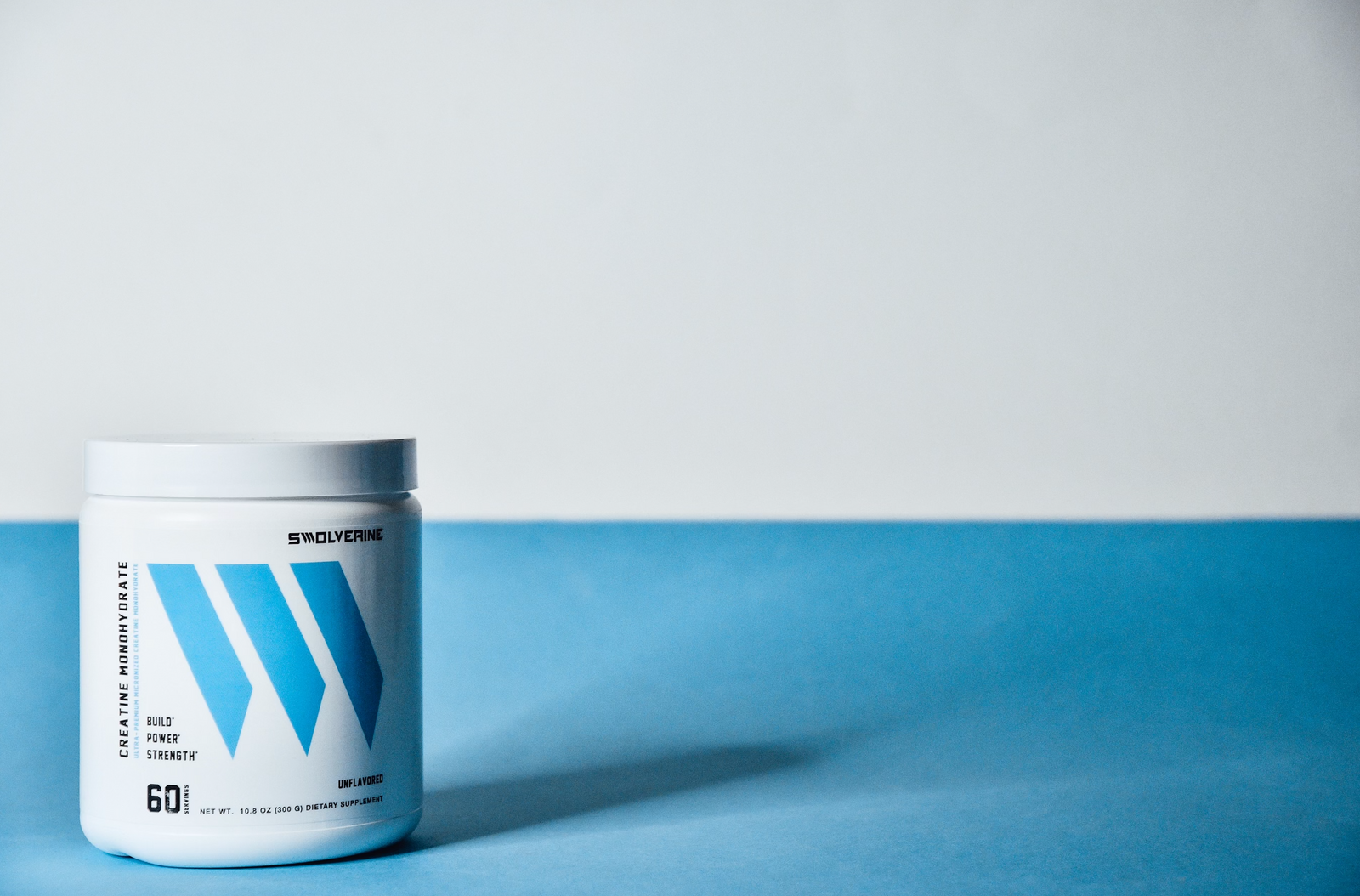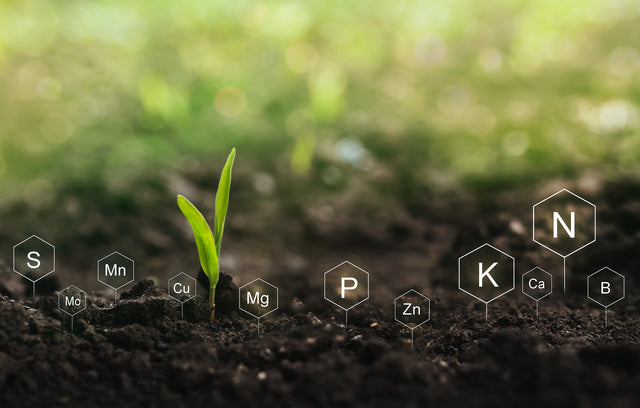With so many different forms of creatine on the market—liquid, buffered, esterified, and more—it’s easy to get overwhelmed trying to choose the “best” one. Among the most talked-about are Creatine Monohydrate, the gold standard in research-backed results, and Creatine HCL, a newer, more soluble form marketed for better absorption and fewer side effects.
Creatine Hydrochloride (HCL) has gained popularity for its claims around increased solubility, smaller doses, and reduced bloating. But here’s the catch: despite the hype, research consistently shows that these newer forms don’t produce significantly better results than creatine monohydrate—the most studied and proven form on the market.
So what’s the real difference? And does Creatine HCL truly outperform monohydrate when it comes to strength, performance, and muscle growth?
Let’s break down the science, compare the benefits and drawbacks, and help you decide which form of creatine is right for your goals.
How Does Creatine Work
What Creatine Does in the Body
When creatine is digested, it is stored as creatine phosphate. Creatine can improve performance, promoting power and strength, by replenishing ATP (adenosine triphosphate) during high-intensity exercise. It also supports increases in lean body mass, cognitive function, and overall strength. Supplementing with creatine has been shown to enhance performance across repeated bouts of short-duration, high-intensity activity (Kreider, Journal of the International Society of Sports Nutrition).
By supplementing creatine, you will thus increase creatine phosphate stores within the muscle tissue, giving your body greater energy reserves for improved athletic performance and power output. This translates into greater muscular endurance, better recovery, and an overall enhancement in training output and muscular growth when paired with resistance training (Buford, Journal of the International Society of Sports Nutrition).
What Is Creatine Monohydrate
Ultimately, all advanced forms of creatine begin with the base ingredient of creatine monohydrate. At the molecular level, creatine is a naturally occurring compound found in the human body. It is composed of three amino acids: glycine, arginine, and methionine. Approximately 95% of creatine is stored in skeletal muscle, while the remaining 5% is distributed across the brain, liver, kidneys, and testes (Gualano, Frontiers in Nutrition).
Creatine is produced endogenously—primarily in the liver and kidneys, and to a lesser extent, in the pancreas. During high-intensity physical activity, creatine is utilized to rapidly regenerate ATP, the body’s primary energy currency. This ensures a constant supply of energy for working muscles and delays fatigue, especially in activities like sprinting, heavy lifting, and HIIT training (Cooper, Amino Acids).
What Is Creatine Hydrochloride (HCl)
Creatine HCl is created by adding a hydrochloride group to creatine monohydrate. Hydrochloric acid is a key component of stomach acid, and the theory is that this modification improves creatine solubility and absorption in the digestive tract. Manufacturers claim that this results in less water retention, reduced bloating, and a lower required dosage compared to creatine monohydrate.
While creatine monohydrate has poor solubility in water, HCl’s increased solubility is considered one of the main advantages of this newer form. However, the scientific literature still overwhelmingly supports creatine monohydrate as the most well-researched and effective form of creatine available. Few head-to-head studies between HCl and monohydrate exist, and none have definitively proven superior outcomes with HCl (Kreider, JISSN; Jäger, Journal of the International Society of Sports Nutrition).
RELATED ARTICLE: What Is The Best Type Of Creatine
Creatine HCL vs Monohydrate
Creatine HCL: Solubility, Absorption, and Effectiveness
Why Creatine HCL Was Created
Creatine HCL was developed as an alternative to creatine monohydrate to promote greater bioavailability and reduce side effects, such as upset stomach or bloating, often reported during loading phases with monohydrate. The addition of a hydrochloride group is believed to increase solubility in water and improve absorption in the digestive tract.
What the Research Says About Solubility
Preliminary research has shown promising results—one animal study found that Creatine HCL was 38 times more soluble than creatine monohydrate (Jagim, JISSN). However, this study was not conducted in humans. To date, there are no published human clinical trials assessing the solubility or absorption rates of creatine HCL directly in comparison to monohydrate in human subjects. Therefore, while the solubility improvement appears valid in vitro, more research is needed to determine actual clinical outcomes.
Does Hydrochloric Acid Improve Absorption?
While creatine HCL is marketed as having superior bioavailability due to the hydrochloride bond, it’s important to remember that your stomach already contains hydrochloric acid. In fact, exposure to stomach acid has been shown to enhance creatine monohydrate solubility, making it stable and effective in acidic environments (Kreider, JISSN). This means that while creatine HCL may dissolve faster in water, once ingested, the difference in solubility between HCL and monohydrate becomes negligible.
Gastrointestinal Discomfort and Loading Protocols
Another common claim for creatine HCL is that it avoids stomach issues like bloating and cramping. These side effects are often linked to high-dose loading phases with creatine monohydrate—typically 20g per day split over four doses. At high intakes, creatine absorption plateaus, leading to unabsorbed creatine that can cause gastrointestinal discomfort. However, when creatine monohydrate is taken at a standard dose of 3–5g daily (without loading), these issues are rarely reported and should not be expected (Buford, JISSN).
Short-Term Study Results: HCL vs. Monohydrate
A randomized study with 36 subjects divided participants into four groups:
-
20g of creatine monohydrate
-
3g of creatine monohydrate
-
3g of creatine HCL
-
Placebo
The study evaluated physical performance outcomes after seven days of supplementation and found no significant differences between the effects of either dose of monohydrate or the 3g dose of creatine HCL (Jagim, JISSN). However, since creatine does not produce acute performance effects, and must be taken consistently over longer periods to fully saturate muscle stores, the short duration of the study limits its findings. Long-term research comparing creatine HCL and monohydrate over 4 to 12 weeks would provide a clearer picture of performance and muscle mass differences—if any.

Creatine HCL Vs Monohydrate: Takeaway
No studies or peer-reviewed research has shown that creatine HCL produces better results or outcomes than traditional creatine monohydrate. When it comes to performance gain in muscle, strength, and power output, there is little to no difference between creatine HCL and monohydrate. Those that may experience bloating, or gastrointestinal issues, should simply take 3-5g of creatine monohydrate per day, and avoid loading, to bypass any stomach issues. Studies have shown that supplementing with creatine monohydrate can improve and garner greater results in resistance training and aerobic training protocols. Current research is lacking with flaws in methodology, specifically study duration, and number of participants. Studies still favor creatine monohydrate, as the preferred form of creatine supplementation.
Looking For The Best Type Of Creatine Monohydrate?
SWOLVERINE IS AN ENDURANCE ATHLETE AND ACTIVE LIFESTYLE BRAND. MADE FOR THE ELITE ATHLETE, AND THE STRONG-WILLED OUR PRODUCTS WERE DESIGNED TO FUEL YOUR ATHLETIC PERFORMANCE. WE PERFORM WHEN YOU PERFORM.
We believe that everyone can optimize not only their athletic performance but their human potential. The way we believe we can optimize performance is through transparency, clinically effective doses, and clinically proven ingredients with evidence-based outcomes. We provide the nutrients you need to power your active lifestyle.
Find similar articles:
Supplements












